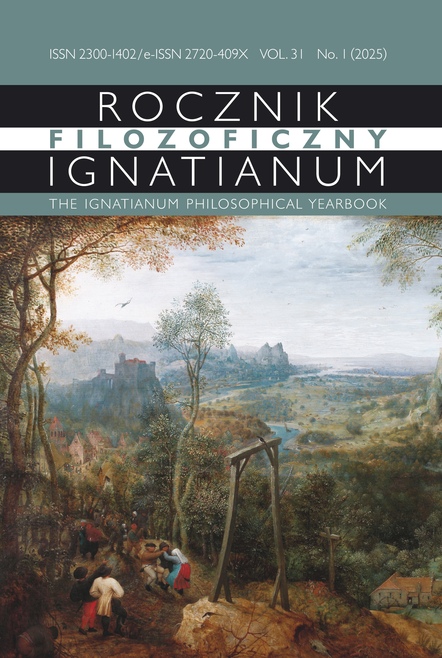Fall from the Eights of Political Heaven Trial of Václav of Vchynice at the Bohemian Land Diet in 1614–1615
Abstract
The article looks at the life of Václav Vchynský of Vchynice (1572–1626), who was an important representative of the Czech nobility in the first quarter of the 17th century. His life has attracted the attention of historians in the past, not least because his name was explicitly mentioned during the second Prague defenestration in May 1618. His younger brother Oldřich Vchynský also took part in this event. personally, and during this violent act he emphasised that Vilém Slavata of Chlum (one of the governors who were thrown out of the window of Prague Castle) would be killed because of the trouble he had caused to Vchynský’s older brother Václav. The political trial of 1615, during which Václav Vchynský was sentenced to the loss of his throat (the Emperor reduced this sentence to “only” life imprisonment), was already described in detail in the resolution of the Land Diet and in the memoirs of contemporaries of this event. In his paper, the author draws attention to a different context, which the older literature does not take into account at all. It is a long-term debt of the Chamber of the Monarchy, which resulted in the bankruptcy in 1615. Václav Vchynský was dangerous for the Emperor’s creditors by asserting his claims to the chamber estates, which were transferred to his property by Matthias of Habsburg. A secret consensus emerged across the confessional spectrum of Bohemia at the time, that Václav Vchynský had to be removed from political life because his influence on Emperor Matthias was too great. Vilém Slavata of Chlum, as the president of the Bohemian court chamber, under whose jurisdiction the chamber estates fell, had a direct interest in such a course of action.
Copyright (c) 2025 Ignatianum University in Cracow

This work is licensed under a Creative Commons Attribution-NoDerivatives 4.0 International License.
The Yearbook only accepts materials for publication that are free of all conflicts of interest, and that in no way involve conflicts over authorship, copyright, etc. The Editors will take action against any cases of plagiarizing, ghostwriting1, guest/honorary authorship2, etc. Where co-authored work is concerned, the Author listed first is expected to take responsibility for the submission, and is required to make clear the contributions of all of the Co-Authors involved. In the event of the publication owing its existence to funding dedicated to this purpose, this fact should be made clear: e.g. in any note of thanks/acknowledgement, or in a footnote, etc. Explicit notification should be given of any form of reprinting, with the appropriate evidence of permission to publish being furnished as required. Any impropriety on the part of Authors/Reviewers risks exposing them to appropriate responses from the relevant institutions.
______
1 This term refers to instances of a person who has made an essential contribution being omitted from the list of authors, or from notes conveying gratitude and/or acknowledgement.
2 This occurs when a person who has made either an insignificant contribution or no contribution at all nevertheless appears on the list of authors.





